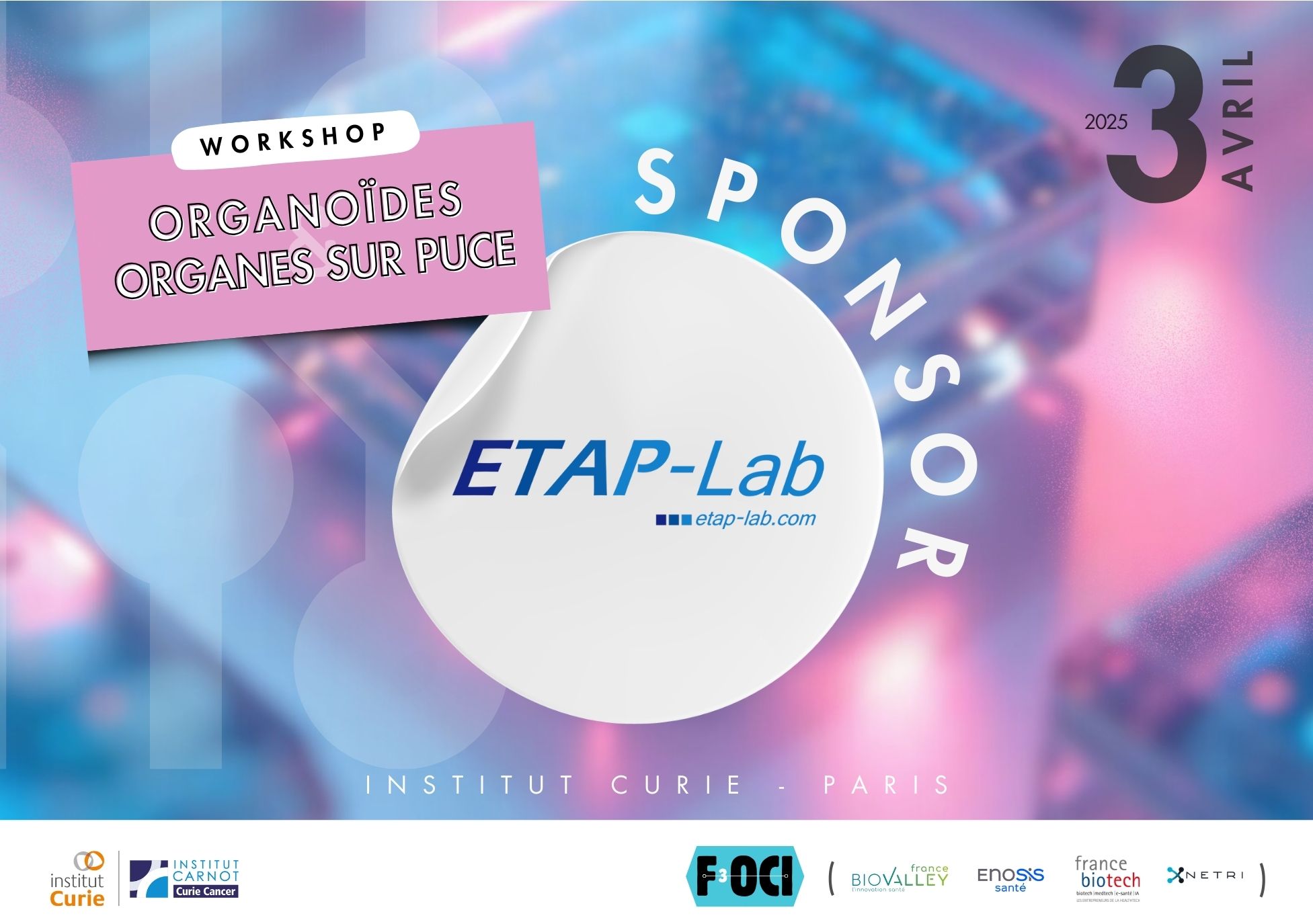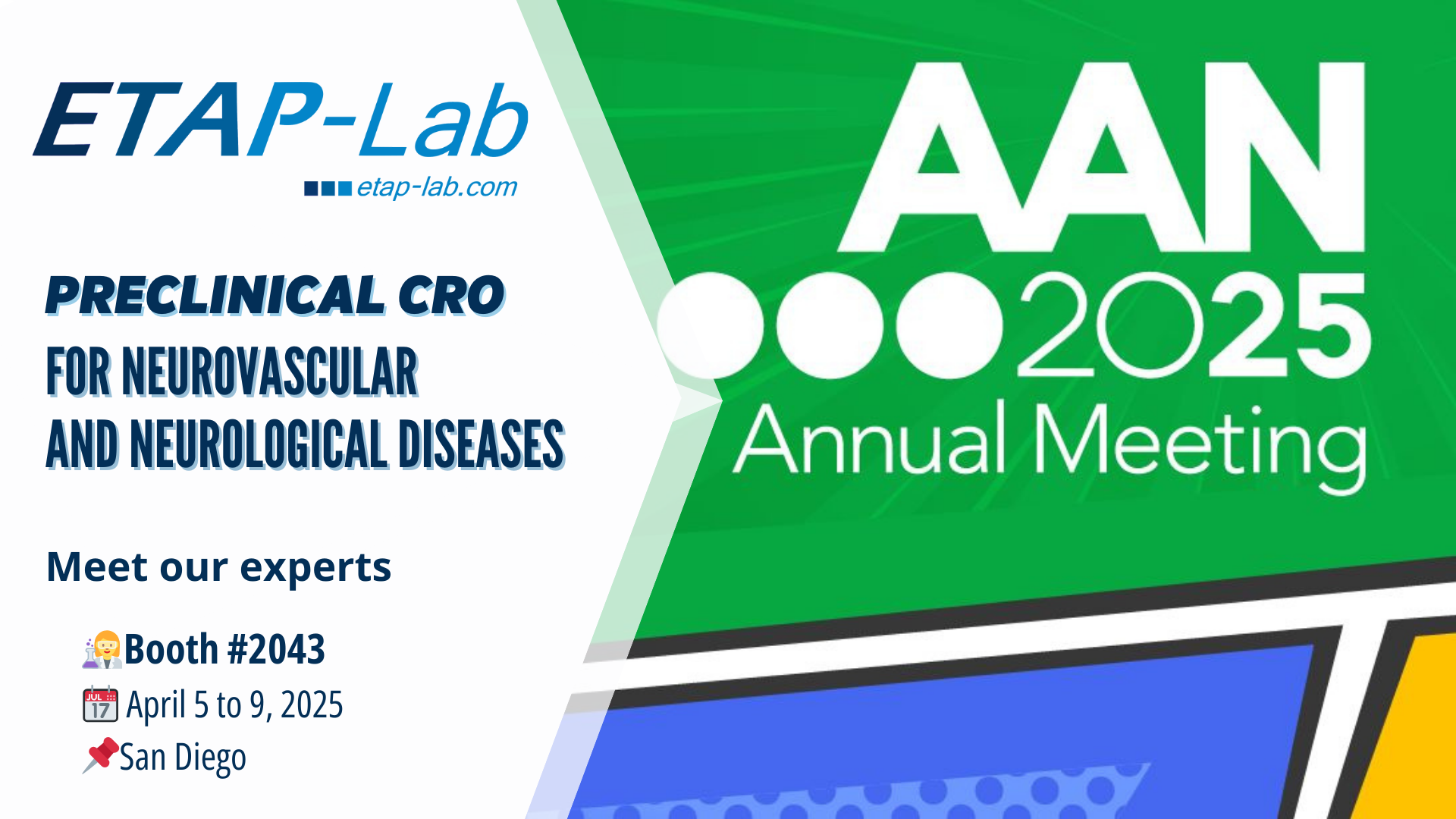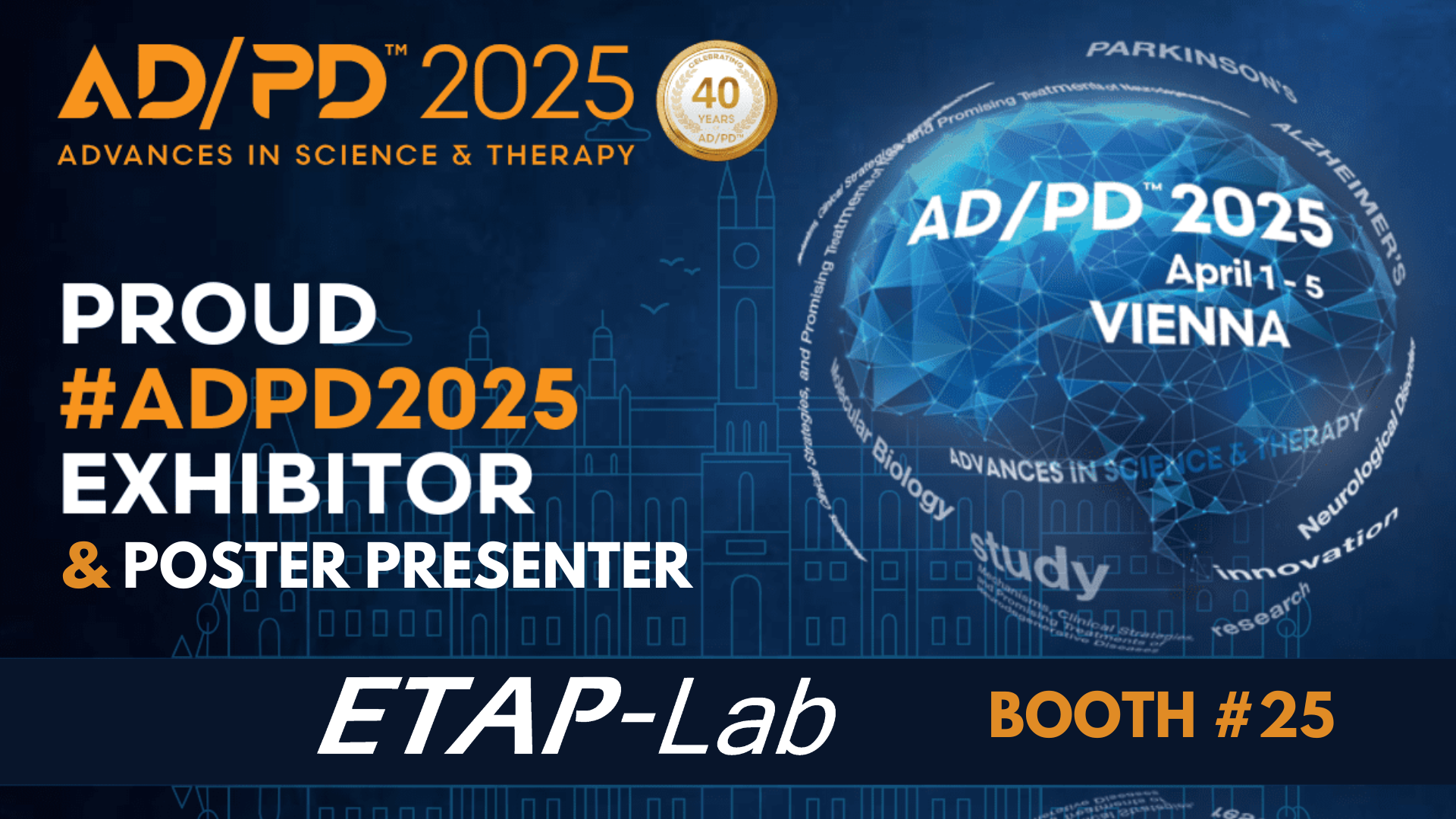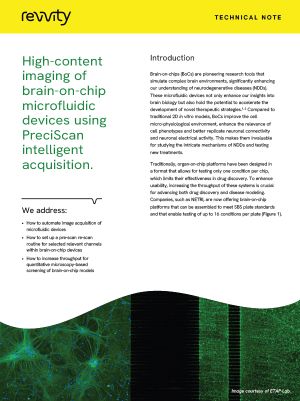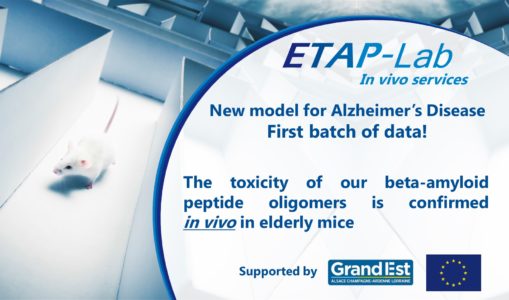
New model for Alzheimer’s Disease – First batch of data!
The toxicity of our beta-amyloid peptide oligomers is confirmed in vivo in elderly mice
After several months’ development, several replicated studies show that oligomers of A-beta peptides (whose neurotoxicity in vitro is well documented), induce cognitive deficits in object recognition test and Morris watermaze in the weeks following intracerebroventricular injection in 18-month-old mice.
We have shown that the administration of A-beta 1-42 oligomers leads to significant memory impairment in the object recognition test: while animals in the vehicle group show a significant preference for the new object, animals in the ABO group explore known and unknown objects indiscriminately (Figure 1a). The results obtained in the Morris water maze test point to the same conclusion; whereas animals in the Vehicle group improved their access time to the platform and showed a preference for the area close to the platform during the Probe Trial, the animals in the ABO group showed a significant deficit in both learning and information recall (Figure 1b).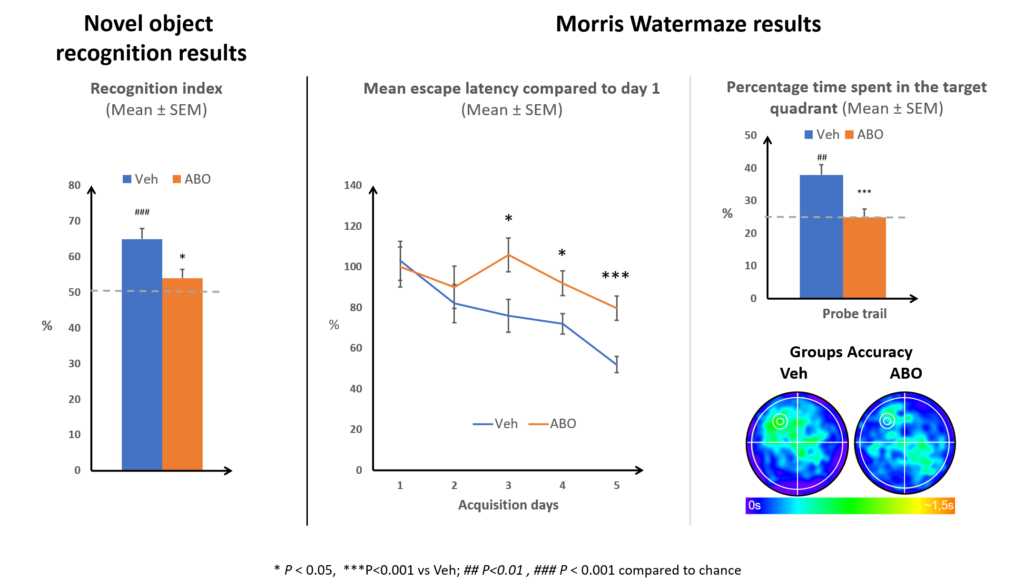
Figure 1: Graphic representation of memory performances in a)Novel Object Recognition test and b) Morris Watermaze
These results, which have been replicated, show that the ICV injection of ABO is capable of altering memory function in both a episodic-like memory test (NOR) and a long-term spatial memory test (MWM).
Pharmacological validation tests were undertaken following an initial phase that involved removing technical and scientific barriers and characterizing the model.
We will soon be sharing the first results obtained using donepezil!
To keep up with our latest news, just follow the ETAP-Lab page.
This research was carried out as part of the Bioprolor2 programme. Bioprolor2 is co-financed by the “Region Grand-Est” and the European Union through the operational “FEDER-FSE Lorraine et Massif des Vosges 2014-2020” programme.



